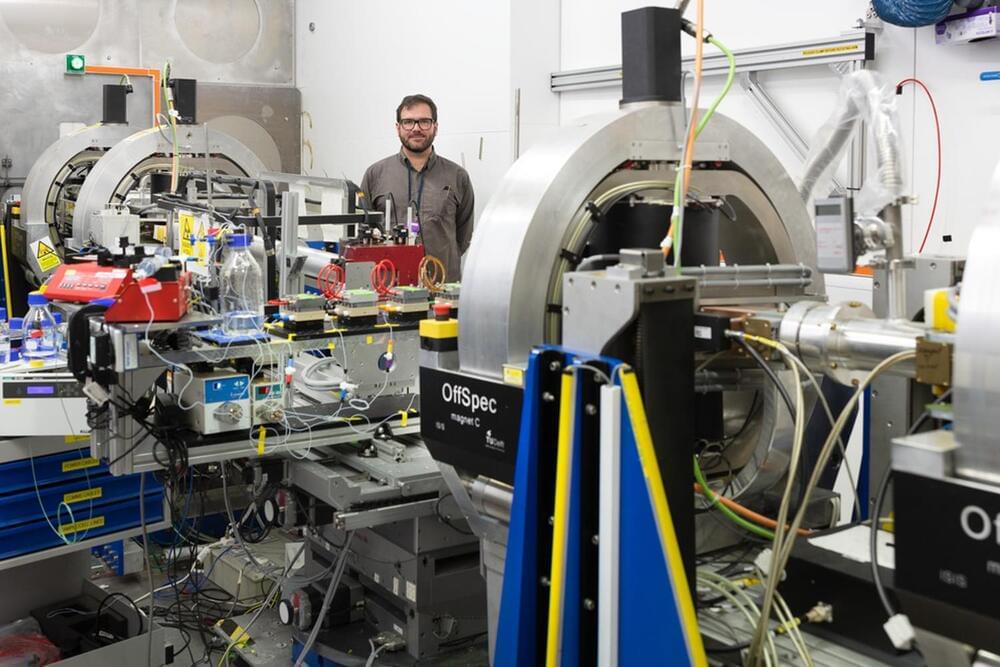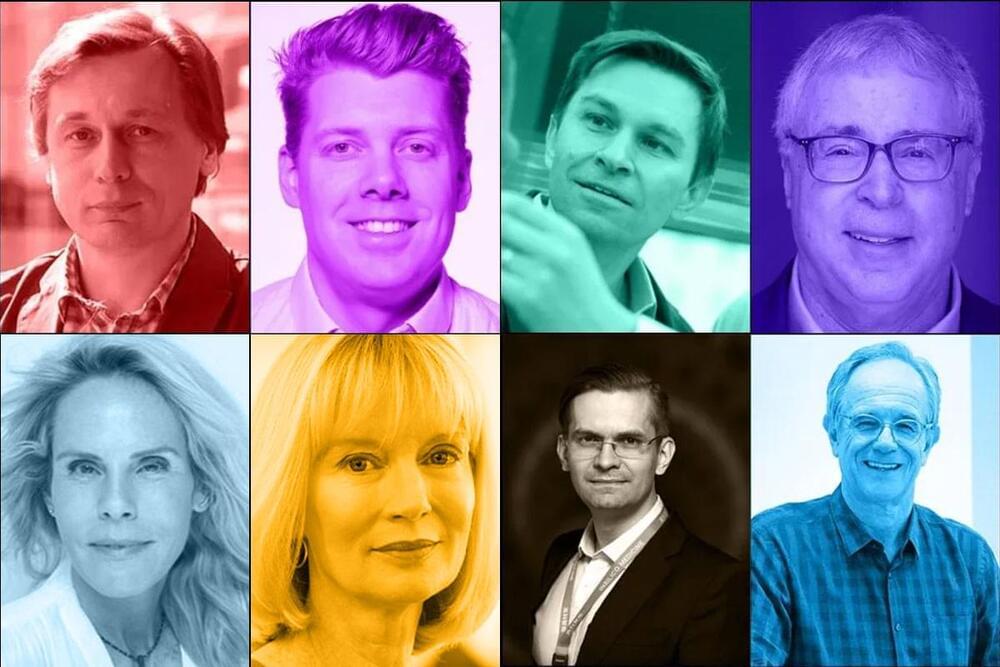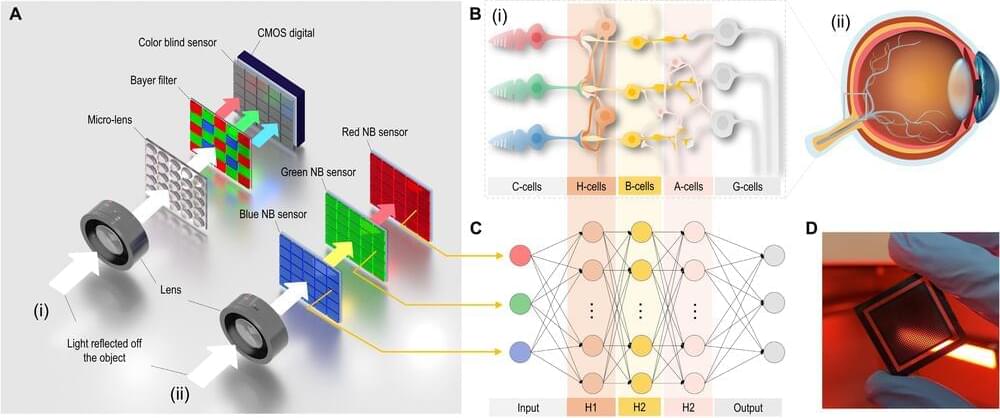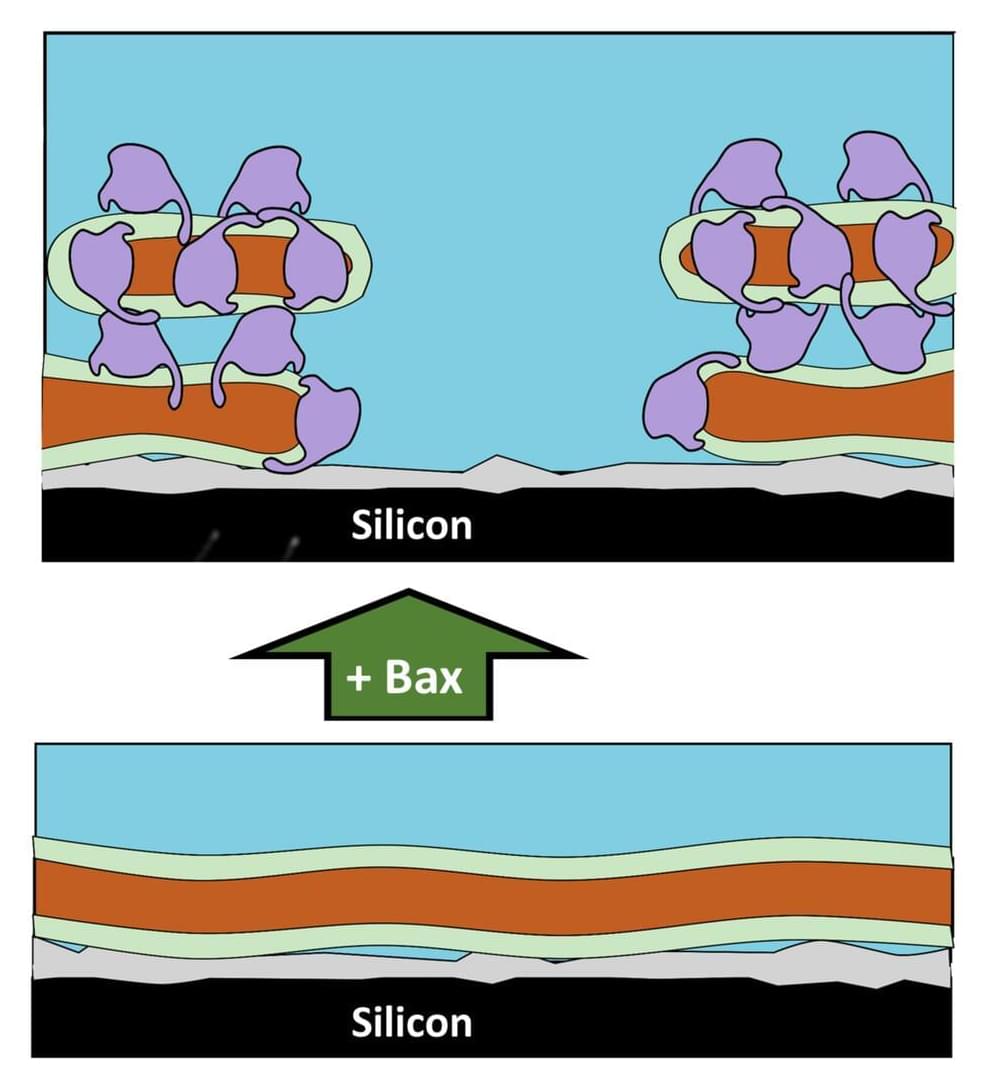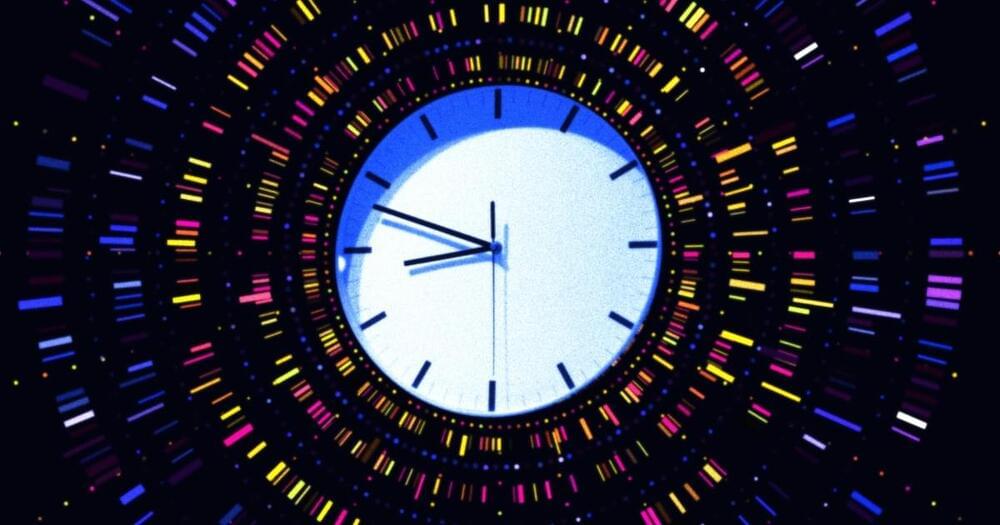Former Google engineer and esteemed futurist Ray Kurzweil has made another bold prediction: Immortality is within reach for humans by 2030, thanks to the help of nanorobots. You read that right — humans could potentially live forever, according to Kurzweil.
Kurzweil, who has a track record of accurate predictions such as foreseeing a computer beating humans in chess by 2000, shared his prediction in a recent YouTube series by tech vlogger Adagio. The 75-year-old computer scientist believes that advancements in genetics, robotics and nanotechnology will allow tiny robots to run through veins, repairing any damage and keeping people alive indefinitely.

